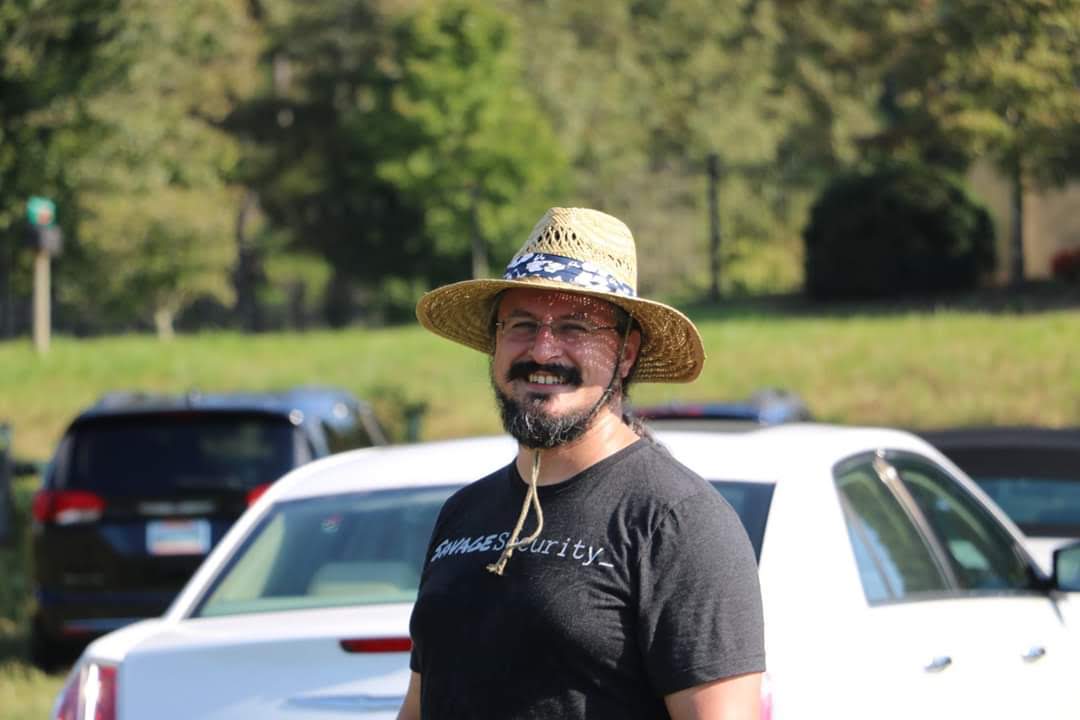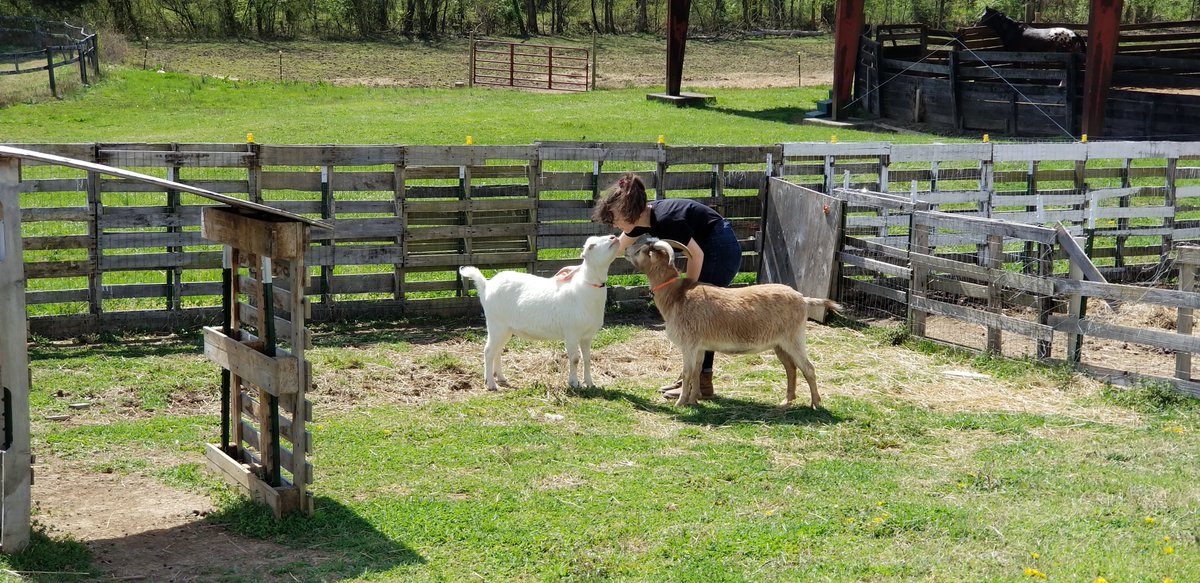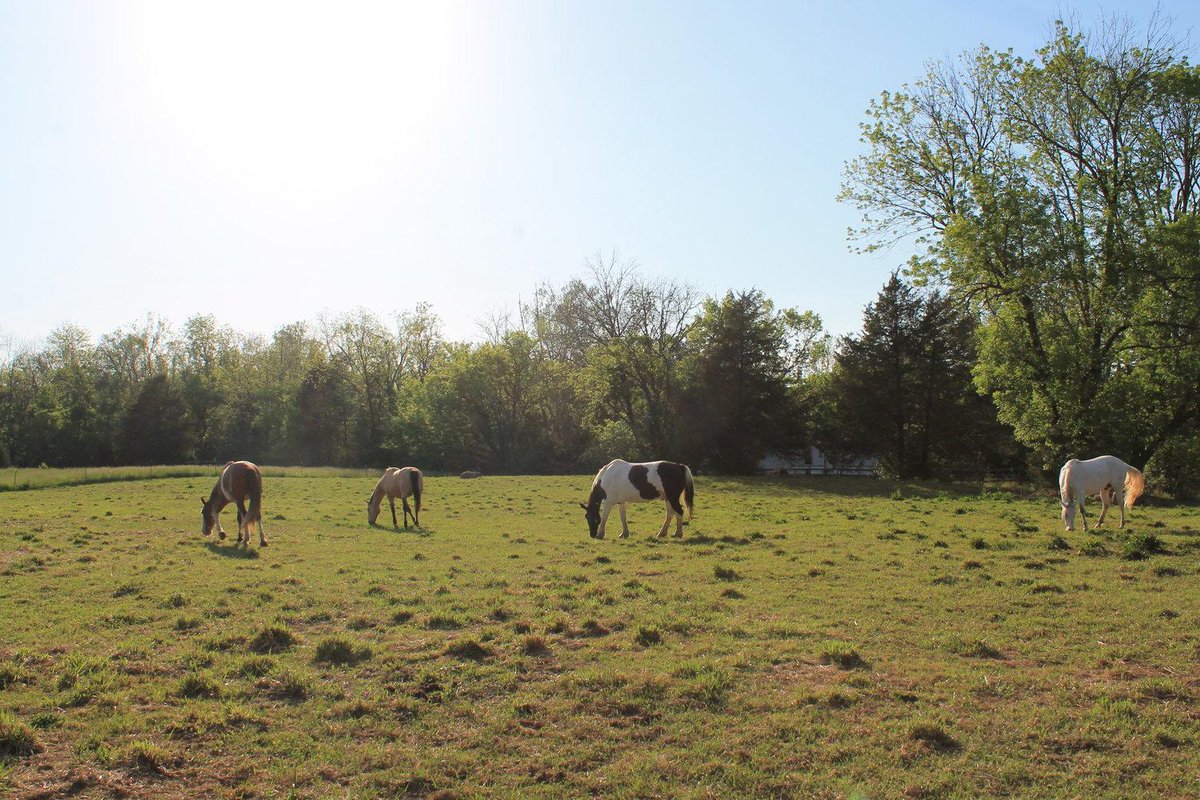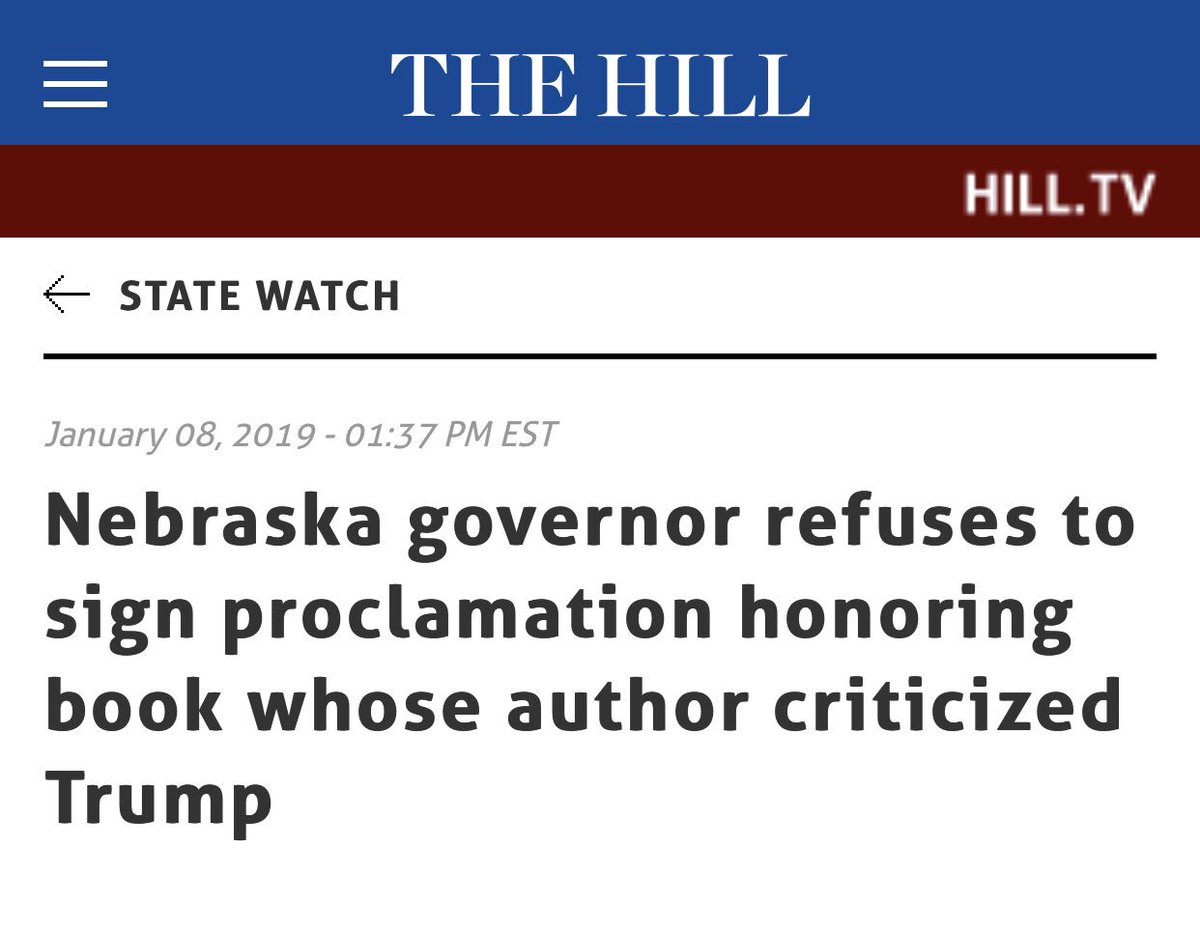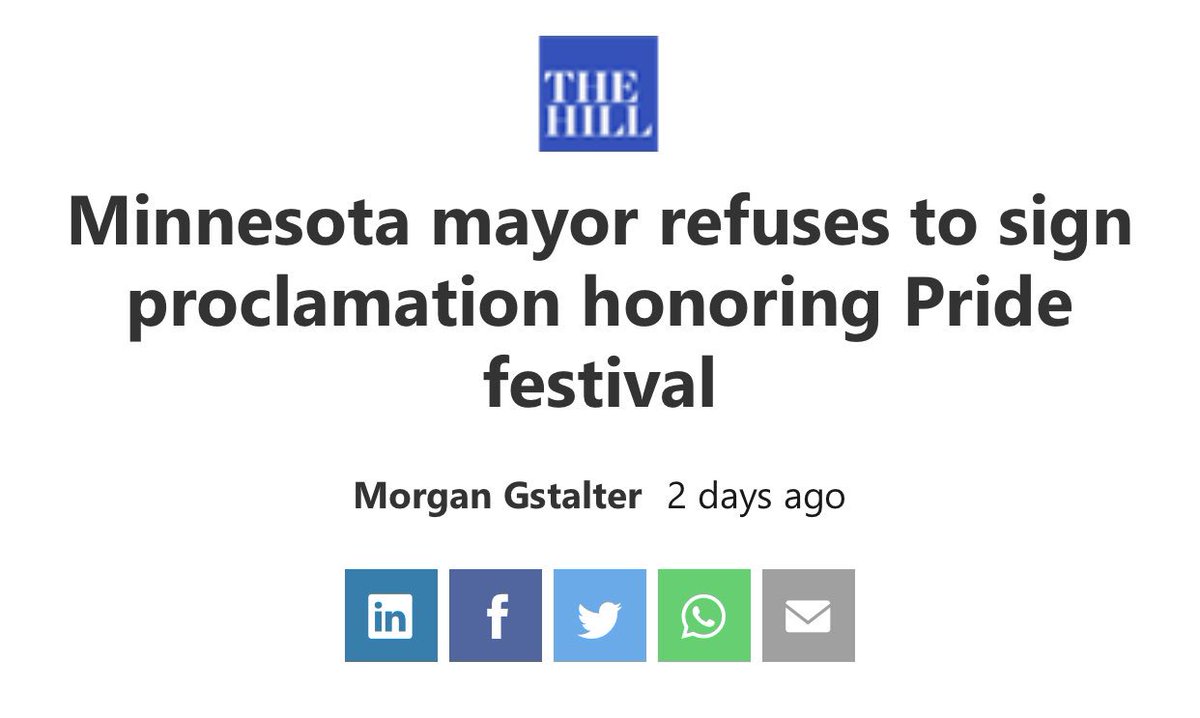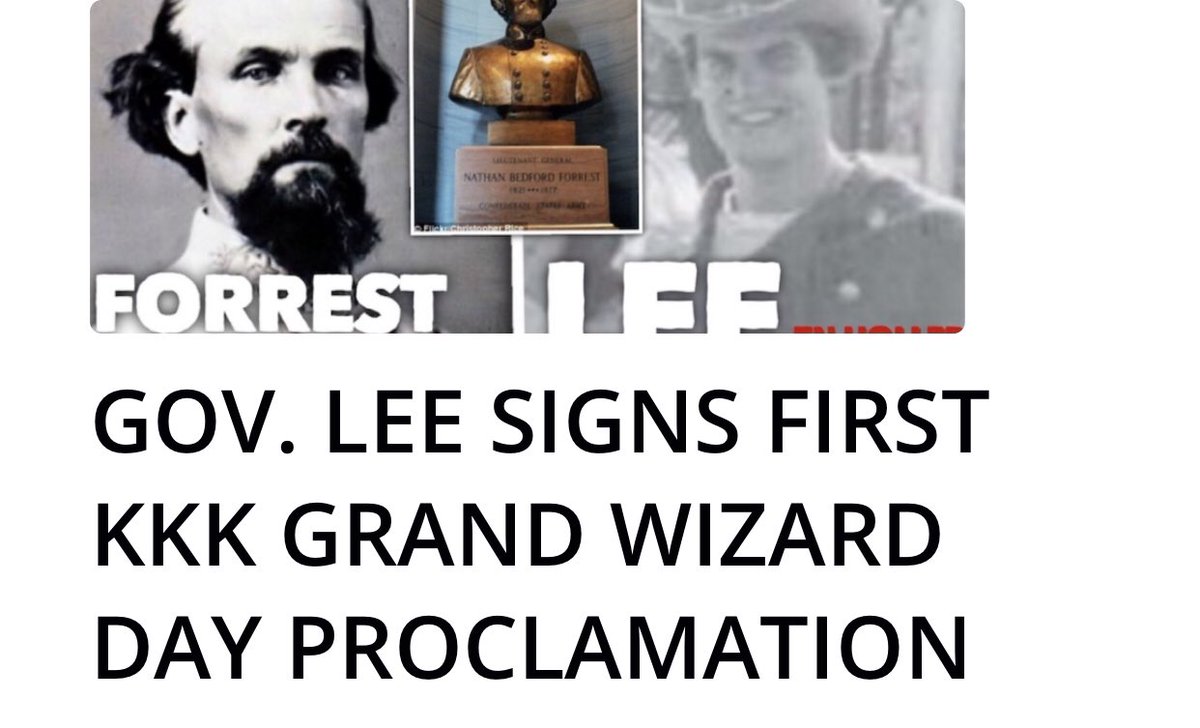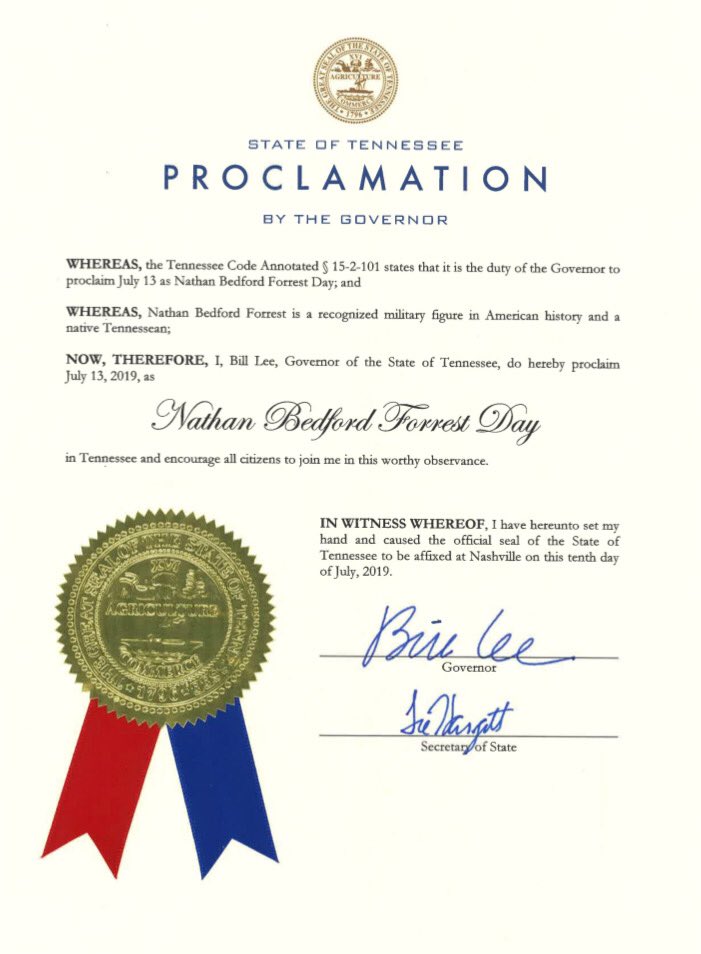🤦♂️
Lovely.
Instead of tweeting "Nathan Bedford Forrest is trash and my state is cancelled", I decided to do some research first.
My opinions on this man will be based on more than the lead section of the Wikipedia page on him.
He decides he needs a good view of the battle and loses his horse as a result. He ends up replacing a second horse as each get shot out from under him.
amazon.com/True-Crime-Civ…

Union troops were slaughtered after surrendering. A third of white troops and about two thirds of African American troops were killed.
In fact, the behavior of Forrest's troops at Fort Pillow was said to rally the remainder of African American troops against the South.
I'll get to that, hold on.
After the North won the war, Forrest surrendered peaceably, encouraging his soldiers to "submit to the powers that be".
He ended up running a farm worked by prison convicts, rather than slaves.
He was a popular guy, so other KKK members decided he'd be the first KKK leader, and they pronounced him the first "Grand Wizard".
huffpost.com/entry/general-…

A classic case of not realizing folly until the situation was out of control.
"My memory isn't what it used to be...", type stuff, I imagine. He didn't want to sell out his old army buddies.
He asked ex-Confederate soldiers to join him in decorating the graves of slain Union soldiers.
archive.nytimes.com/www.nytimes.co…
In the end, his efforts to reconcile with African Americans and his past mistakes alienated him from the people that once saw him as an ideal leader.
Still, he must have known how that last public speech was going to alienate so many of his fellow veterans and followers.




